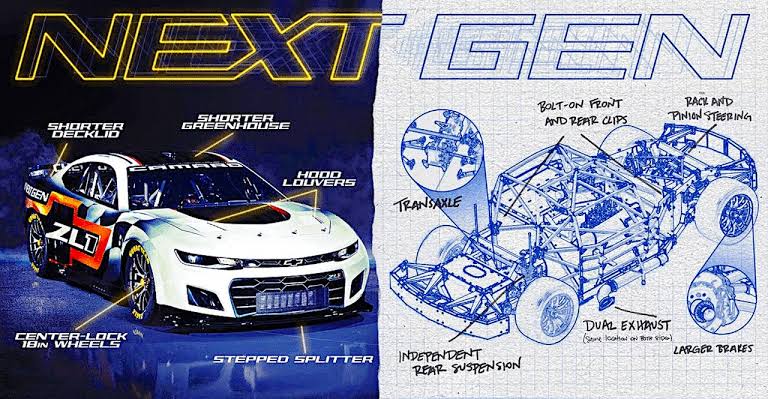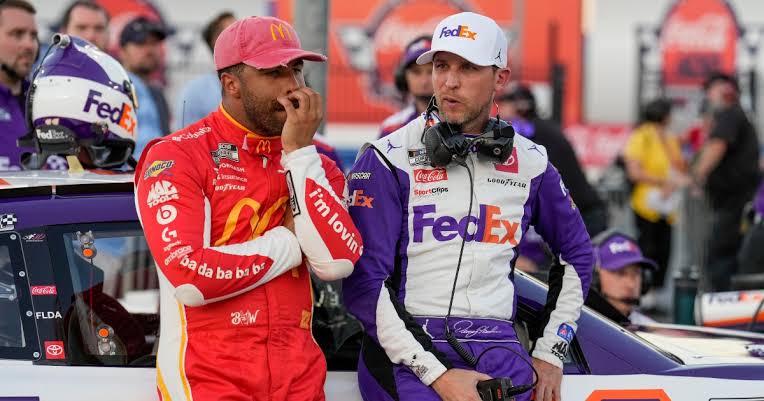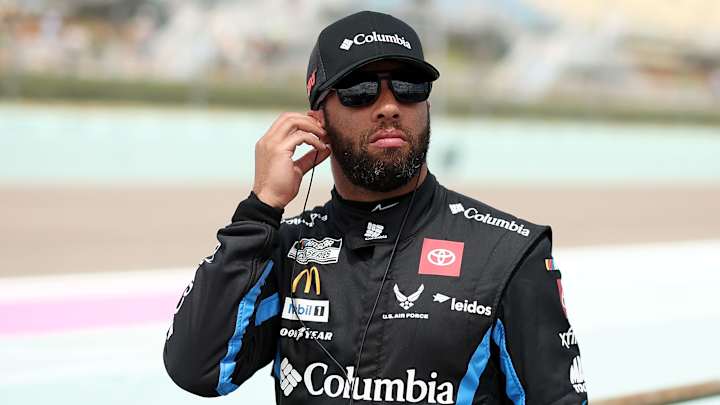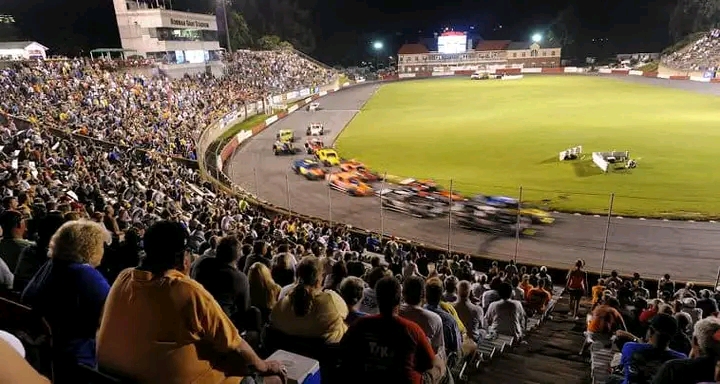Brad Keselowski is not just a skilled driver; he embodies the spirit of innovation in NASCAR, particularly at RFK Racing, a team with a storied history that has seen both highs and lows. The dynamic nature of RFK Racing is reflected in its evolution and resilience, especially during the transition period before Keselowski took on a co-ownership role. While the team faced challenges and periods of dormancy, the manufacturing brand associated with co-owner Jack Roush remained active and influential. This brand is now poised to significantly impact the future of NASCAR race cars.
The Next-Gen car, widely recognized for its reliance on standardized components from various vendors, marks a new era in the sport. Jack Roush has already established a foothold in this domain through Roush Yates Manufacturing Solutions. This venture, co-owned by NASCAR Hall of Famer Doug Yates, has been integral in producing over 50% of the NASCAR Ford FR9 engines and associated engine components. Now, there are whispers in the NASCAR community that Roush may expand his manufacturing reach even further as speculation mounts regarding the exit of another spec part manufacturer.
According to reports from ‘NASCAR Rumors & Nostalgia,’ Visser Precision, which has been responsible for manufacturing Next Gen car control arms, may be withdrawing from NASCAR, leaving Roush with an opportunity to step in. The rumor suggests that Roush Manufacturing could take over the control arm production as early as 2025, a move that could solidify its already substantial role in the manufacturing of car components. Roush Manufacturing, separate from Roush Yates Manufacturing, has been actively diversifying its services beyond motorsports into sectors like defense, aerospace, and industrial manufacturing. Doug Yates previously commented on this expansion, highlighting the skilled workforce and equipment that positions the company to succeed outside of racing as well.
When the Next-Gen car was introduced in 2022, Roush already played a pivotal role, manufacturing essential components such as anti-roll bars, shifters, and transaxle mounts. The potential takeover of control arm production would represent a significant broadening of Roush’s footprint within the NASCAR ecosystem. On the flip side, Barney Visser’s Visser Precision has been a key player in the stock car racing industry. Visser, who once owned Furniture Row Racing— the team with which Martin Truex Jr. secured his only Cup Series Championship in 2017—has had his own set of challenges. Following the closure of Furniture Row Racing in 2018 due to sponsorship difficulties, Visser expressed his disappointment, stating that despite aggressively seeking sponsorships to replace those lost, he could not sustain the team’s operational costs.
Visser Precision has remained a vital ally to the 78 NASCAR teams, specializing in the production of critical components essential for competitive success, including engine parts and aerodynamic elements. Even as rumors swirl about the company’s potential exit from NASCAR, its website still prominently features NASCAR as a key area of focus. This situation underscores the competitive and often tumultuous landscape of NASCAR, where partnerships and alliances play crucial roles in a team’s success.
Roush’s initiatives echo his commitment to innovation and sustainability, particularly notable in 2021 when RFK Racing, then known as Roush Fenway Racing, became the first team in NASCAR to achieve carbon neutrality under the PAS 2060 standard. This groundbreaking achievement involved the team taking proactive steps to recycle components from their race cars and collaborating with Ford to minimize their overall carbon footprint. To celebrate this milestone, Ryan Newman’s No. 6 car was adorned with special graphics during the 2021 Daytona race, highlighting RFK Racing’s commitment to environmental stewardship.
Despite undergoing a rough patch, with the team transitioning from a five-car powerhouse to a mere two cars by 2017, RFK Racing has shown resilience. The team, which once celebrated victories through drivers like Carl Edwards, has managed to revitalize itself under Keselowski’s leadership. While the team only managed two wins during its low point, there have been signs of renewed vigor in recent seasons. For instance, Chris Buescher broke a year-long winless streak at Watkins Glen, disrupting the hopes of playoff contenders and illustrating the team’s growing competitiveness.
Brad Keselowski’s influence has been palpable since he joined RFK Racing as a co-owner and driver in 2023. His experience and insights are expected to guide the team through an exciting phase, fostering innovation and competitiveness. With the possible shift of manufacturing control arms to Roush and the continued evolution of the Next-Gen car, RFK Racing stands at the forefront of a transformative period in NASCAR.
As the NASCAR landscape continues to evolve, the interplay between technology, manufacturing, and racing performance will be crucial. Jack Roush’s legacy as a pioneering figure in NASCAR manufacturing and racing is evident in the strategic moves being made by RFK Racing. This not only sets the stage for a more competitive environment but also emphasizes the importance of innovation and sustainability in the sport’s future. The collaboration between Roush, Keselowski, and the team reflects a collective vision to not only revive RFK Racing’s glory days but also to usher in a new era for NASCAR as a whole.
NASCAR RUMOR:NASCAR’s Next-Gen Control Arm Supplier on Verge of Quitting as Roush Manufacturing Seizes Control”




